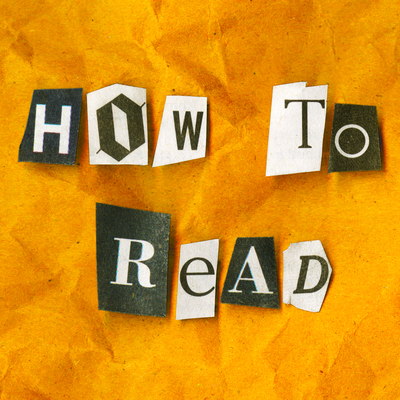In the Bible, the Apocalypse is the end of the world as we know it, but it’s also the beginning of a new one. Jennifer Wilks argues that major catastrophes can be apocalyptic in the same way. A disaster like Hurricane Katrina or the COVID-19 pandemic can shed new light on the world’s social inequalities, which makes it easier to imagine them changing. Jennifer thinks that post-apocalyptic fiction can play a role in this process, by allowing us to think ahead about times of disaster so we can act to make things better when the moment comes.
Tag: climate change
Do you want to live a predictable life? Can great art ever be predictable? Most people would probably say no to both, but Caroline Levine thinks predictability is more valuable than we usually recognize. Predictability is like putting on your own oxygen mask before helping others: we need to cover the essentials, like shelter and a stable work schedule, in order to achieve our grander ambitions. But predictability isn’t just useful in our personal lives. Whether it’s reliable access to childcare or a unifying protest chant, predictability can also help us in collectively creating social change.
When you think of an expert or specialist, you might picture a scientist with a lab coat and test tubes. Science likes to claim that its knowledge applies everywhere – like gravity or evolution – which makes scientific knowledge superior to local knowledge about one specific place. But Paige West points out that in practice scientists rely heavily on local people’s knowledge, for example the specialist knowledge that indigenous people in Papua New Guinea have about the fish, plants and ecosystems of their area. In fact, such local knowledge has proven to be crucial for successfully combating major problems like climate change.
